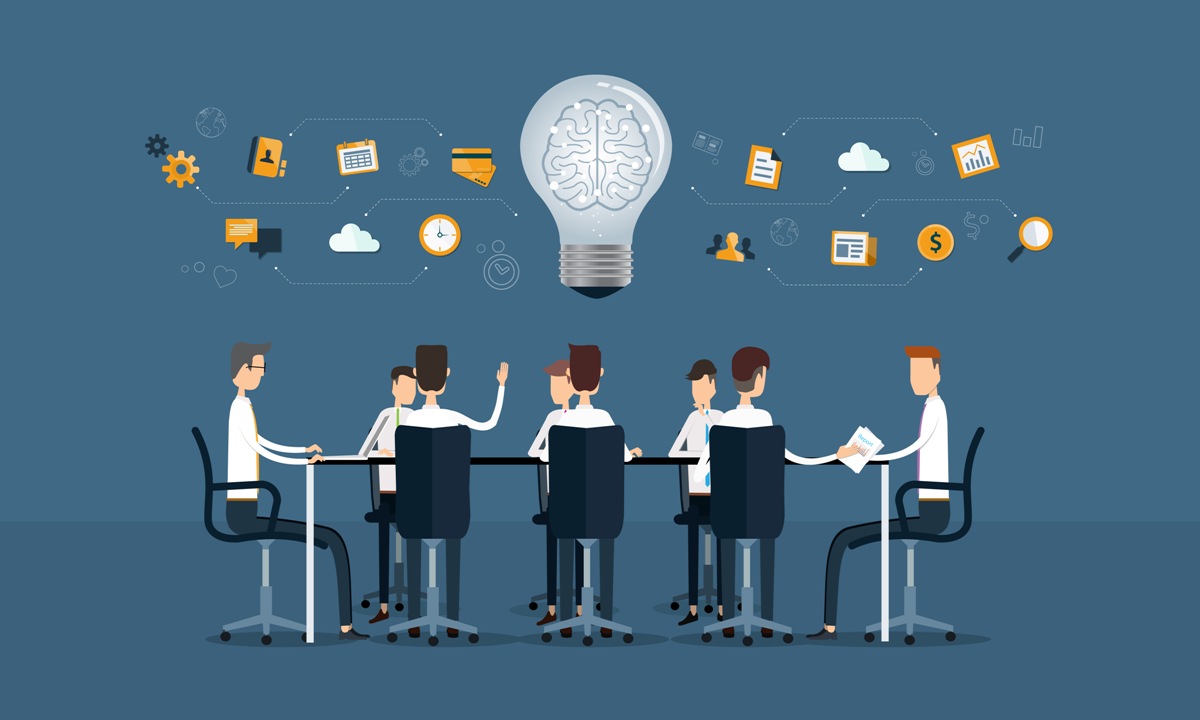Artificial Intelligence is no longer a futuristic concept—it’s here, and it’s reshaping the way businesses approach digital marketing. In 2025, AI is more than just a buzzword. It’s a powerful tool driving personalization, improving customer experience, and optimizing campaigns like never before. Whether you’re a small business owner or a digital marketer, understanding how Advanced AI Tools for Digital Marketing and how to leverage it is essential to stay competitive in today’s fast-paced online marketplace.
Understanding the Role of AI in Digital Marketing:
AI refers to the simulation of human intelligence by machines that are capable of learning, problem-solving, and decision-making. In digital marketing, AI tools can analyze massive datasets, automate repetitive tasks, and even create content. These capabilities allow marketers to save time, reduce costs, and improve campaign performance through more targeted strategies.
One of the most transformative aspects of AI in marketing is its ability to predict consumer behavior. Using machine learning algorithms, AI platforms can analyze past user data to forecast future actions. This means businesses can now deliver the right message to the right person at the right time, significantly boosting conversion rates.
Popular AI Tools Shaping Digital Marketing in 2025:
Numerous AI tools are making waves in the digital marketing space. From content creation to customer support, these tools help marketers operate more efficiently and effectively.
Chatbots remain a favorite among businesses for providing instant customer service. AI-powered chatbots can handle multiple customer inquiries simultaneously, offer 24/7 support, and personalize responses based on user history. Tools like Drift and ManyChat have revolutionized how brands interact with their audience.
AI-driven content creation tools are also gaining popularity. Platforms such as Jasper and Writesonic use natural language processing to generate blog posts, social media captions, and ad copy. These tools help marketers maintain a consistent content schedule without compromising quality.
Predictive analytics platforms like HubSpot and Salesforce Einstein are invaluable for customer segmentation, lead scoring, and personalized marketing. By analyzing data patterns, these tools suggest the best marketing actions to take next, making campaigns more data-driven and effective.
Visual recognition AI, used in tools like Canva’s Magic Design and Adobe Sensei, can suggest designs, edit images automatically, and enhance visual branding. This helps marketers create high-impact visuals even without professional design experience.
Current Trends in AI and Digital Marketing:
Several trends in AI are currently transforming digital marketing strategies.
Hyper-personalization is becoming the norm. AI algorithms analyze browsing habits, purchase history, and engagement data to tailor content and offers for individual users. This level of customization boosts engagement and brand loyalty.
Voice search optimization is another growing trend. With the rise of smart speakers and voice assistants, optimizing content for voice queries is crucial. AI helps marketers understand natural language patterns and create content that aligns with how people speak, not just how they type.
AI-generated video content is gaining traction as well. Video remains a dominant content format, and AI tools can now help create short-form videos, automate subtitles, and even generate voiceovers. This makes video marketing more accessible and scalable for brands of all sizes.
Programmatic advertising, which uses AI to automate ad buying in real-time, is helping businesses target specific audiences more precisely. This reduces ad spend wastage and increases ROI by placing ads in front of users who are more likely to convert.
Practical Tips for Using AI in Your Marketing Strategy:
To fully benefit from AI in digital marketing, you need a clear and thoughtful approach.
Start with data. Ensure your business collects high-quality data across all touchpoints, from website interactions to email opens. AI tools rely on clean, structured data to deliver accurate insights.
Choose the right tools for your needs. You don’t need to adopt every AI platform at once. Identify your marketing challenges and select tools that address those specific issues. For example, if customer engagement is a problem, invest in an AI chatbot or email personalization software.
Integrate AI with your existing systems. Many AI platforms work best when they are part of a larger tech stack. Connect your AI tools to your CRM, email software, and social platforms for a seamless data flow and more comprehensive insights.
Monitor performance regularly. While AI can automate many processes, it still requires human oversight. Use analytics to track how AI-generated content or ad campaigns are performing and adjust your strategy as needed.
Stay updated on new developments. AI in digital marketing evolves rapidly. Follow industry blogs, attend webinars, and experiment with new tools to ensure your strategy remains competitive and innovative.
The Future of AI in Digital Marketing:
The future of AI in digital marketing looks promising. As technology continues to advance, we can expect even more sophisticated tools capable of understanding complex consumer behavior and delivering highly tailored experiences. Brands that embrace AI today will be better positioned to lead tomorrow.
Ethical AI use will also become increasingly important. Transparency in how AI algorithms make decisions and the ethical use of customer data will be critical for building trust with consumers. Responsible AI adoption should be part of every marketing team’s long-term strategy.
Conclusion:
AI is not just an enhancement—it’s becoming a core component of successful digital marketing. From automating tasks to personalizing user experiences and predicting behavior, AI tools offer a competitive edge that businesses can no longer afford to ignore.
FAQs:
What is AI in digital marketing?
AI in digital marketing refers to the use of artificial intelligence technologies—such as machine learning, natural language processing, and predictive analytics—to improve marketing strategies. It helps automate tasks, personalize customer experiences, analyze data, and optimize campaigns for better results.
How does AI improve customer experience in marketing?
AI enhances customer experience by delivering personalized content, automating customer support through chatbots, predicting user behavior, and offering recommendations based on individual preferences. This leads to more relevant and timely interactions with customers.
What are some popular AI tools used in digital marketing?
Some popular AI tools include Jasper for content creation, ChatGPT for conversational marketing, Drift and ManyChat for chatbots, HubSpot and Salesforce Einstein for analytics and CRM, and Canva’s AI features for design.
Can small businesses benefit from AI in marketing?
Yes, AI tools are scalable and increasingly affordable, making them accessible for small businesses. They can use AI for automating customer service, managing email campaigns, generating content, and analyzing website traffic to make smarter decisions.
Is AI replacing human marketers?
No, AI is not replacing human marketers but rather augmenting their capabilities. It handles repetitive tasks and data analysis, allowing marketers to focus on strategy, creativity, and relationship-building.



